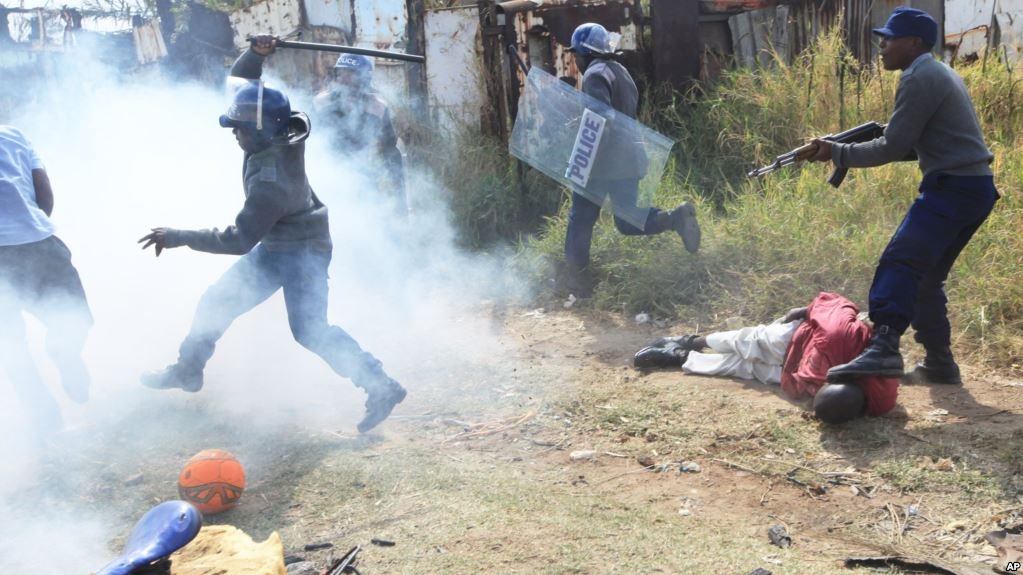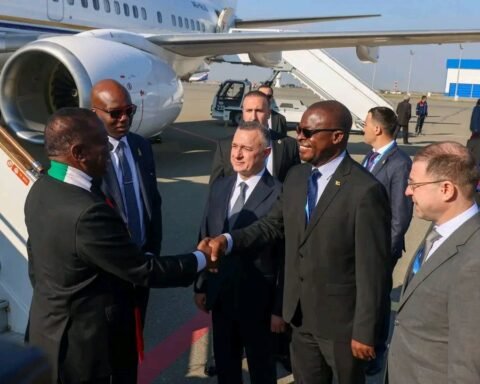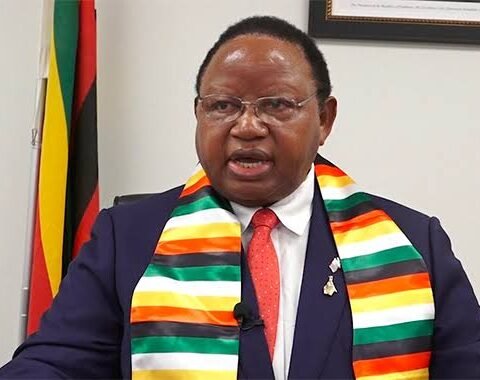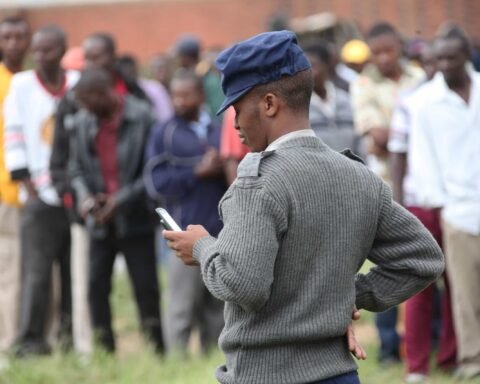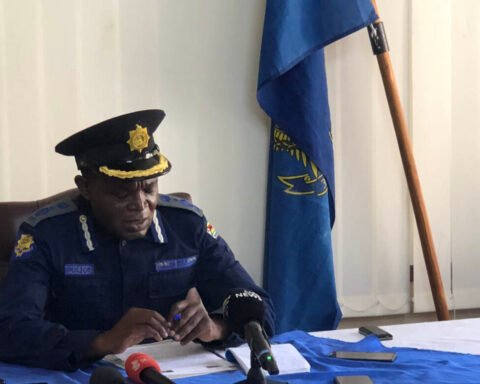ZIMBABWE is the most violent of the African countries governed by former liberation movements, a recent report released by Research Advocacy Unit (RAU) said.
The country has been ruled by President Robert Mugabe and his Zanu PF party since 1980. The report findings come as no surprise as elections in Zimbabwe have generally been characterised by violence since 1980 with the 1985 polls being arguably the worst.
Released last Friday and titled ‘Zimbabwe since the elections in July 2013: The View from 2017’, the report noted a pattern of violence and intimidation under Mugabe’s rule.
“Of the elections held since 2000, some have been very violent, 2000, 2002 and 2008, whilst the others, 2005 and 2013 have been marked more by intimidation rather than having high levels of overt violence,” says the RAU report.
“A feature, not present in 2013, that may be important for the prospects of political violence and intimidation in 2018, is the changed political terrain,” the report said.
“In all past polls since 2000 the major electoral clash has been the MDC-T and a (then) united Zanu PF, and hence all violence could be accurately described as inter-party”.
RAU added, “With the severe faction fighting within Zanu PF, the purge of Joice Mujuru and the so-called “Gamatox” faction, and the fracturing of the war veterans, a new variable may now enter the equation; that of “intra-party” as well as “inter-party” violence.”
The report further says there is some evidence that this is already happening although it should be pointed out that intra-party violence in is not uncommon in the past.
“Intra-party conflicts (violations) are most common in Zanu PF (83%), which lends credence to the view that this may be a bigger factor in the 2018 elections than previously,” the Report further noted.
Nonetheless, the concern for many observers is a reversion to the kind of elections seen in 2000, 2002 or 2008, where political violence reached very high levels and where the violence was significantly uni-directional by the State or Zanu PF supporters against the opposition and mostly against MDC-T supporters.
According to the report, one lesson learnt and well-digested by Zanu PF in the 2013 elections, and most credible observers have suggested, is that the massive victory, was in greater part through electoral manipulation rather than violence.
“This does not suggest however that political violence will not be a factor in 2018, and there is also some evidence that violations are increasing ahead of the elections in 2018,” the report said.
“As can be seen, there are discernible trends for both assaults and intimidation to have increased over the last six months,” the report said.
RAU added, “The absolute numbers are not large, but it should be borne in mind that the elections are a little less than a year away.”
RAU also said the unpredictable variable is what could happen if Zanu PF finds itself threatened within its own constituency, and with the prospect of a serious challenge under a “grand coalition”.
“The risk factor will increase markedly, in our view, if a “grand coalition” does materialize, and all opposition parties are united (and do not compete against each”.
Recently, the Chair of the Zimbabwe Human Rights Commission (ZHRC), Elasto Mugwadi also pointed out that the ZHRC could demand suspension of elections, at least by constituency, if there was serious violence during the 2018 elections.
He extended this to include diatribes, hate speech and political incitement, but the downside is that the ZHRC will only have power to recommend proposed suspension to Zimbabwe Election Commission (ZEC), although the final say will still lie with ZEC.
